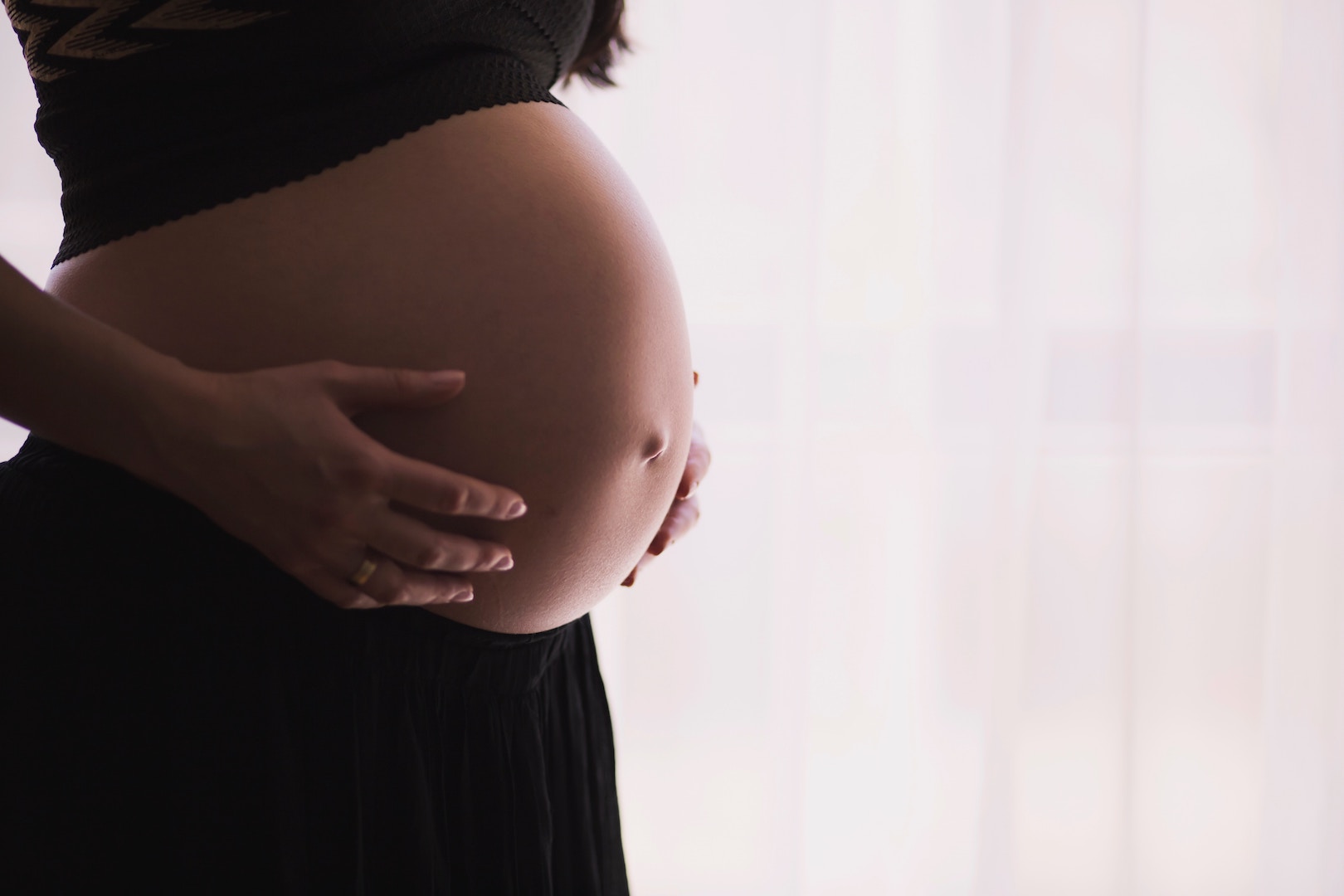Menopause: What You Need to Know
Have you ever found yourself asking, “What is menopause”. This term is thrown around a lot and often associated with aging. Do you have all the facts? Will you be able to notice the symptoms? Simply put, it is the time when a woman’s period stops. Menopause usually occurs naturally and can begin in a woman’s 40s or 50s, but 51 is the average age for women in the United States.
What Causes Menopause?
Beginning in your late 30s, your ovaries start to produce less and less progesterone and estrogen and your fertility begins to decline as a result of aging. Did you know that hysterectomies also cause menopause? There are specifically, two types of hysterectomies: a partial hysterectomy and a total hysterectomy. A partial hysterectomy removes the uterus, but not the ovaries and will not cause immediate menopause because the ovaries will still produce progesterone and estrogen. A total hysterectomy removes the uterus and the ovaries which will result in immediate menopause. Your periods will stop and you may begin to experience menopausal symptoms.
There are other outside factors that cause women to begin menopause. Cancer treatments including chemotherapy and radiation therapy are some examples. During the course of treatment or shortly after, it is common to experience menopausal symptoms but it may not always be permanent.
Is it Possible to Start at a Young Age?
Premature menopause affects about 1% of women. This can be caused by Primary Ovarian Insufficiency. This is when your ovaries do not produce enough reproductive hormones which can stem from and autoimmune disease or genetic factors. It is recommend that women who experience this go through hormone therapy until the age of natural menopause in order to protect the heart, brain, and bones.
What are Common Symptoms of Menopause?
Now that we know some causes, what are some common symptoms? When a woman has not had a period for a year, then she has reached menopause. However, symptoms and changes can begin several years earlier. Symptoms include:
- Hot Flashes
- Night Sweats
- Mood Swings
- Vaginal Dryness
- Trouble Sleeping
- Thinning Hair
- A Change in Periods: (Irregular periods normally occur during perimenopause. It’s unusual to have a period every month up until your last period, but it is possible. More commonly. periods can occur every 2 to 4 months starting one to two years before menopause begins.)
As always, we recommend consulting your healthcare provider if you have any questions about menopause, its symptoms, and how to deal with it.





